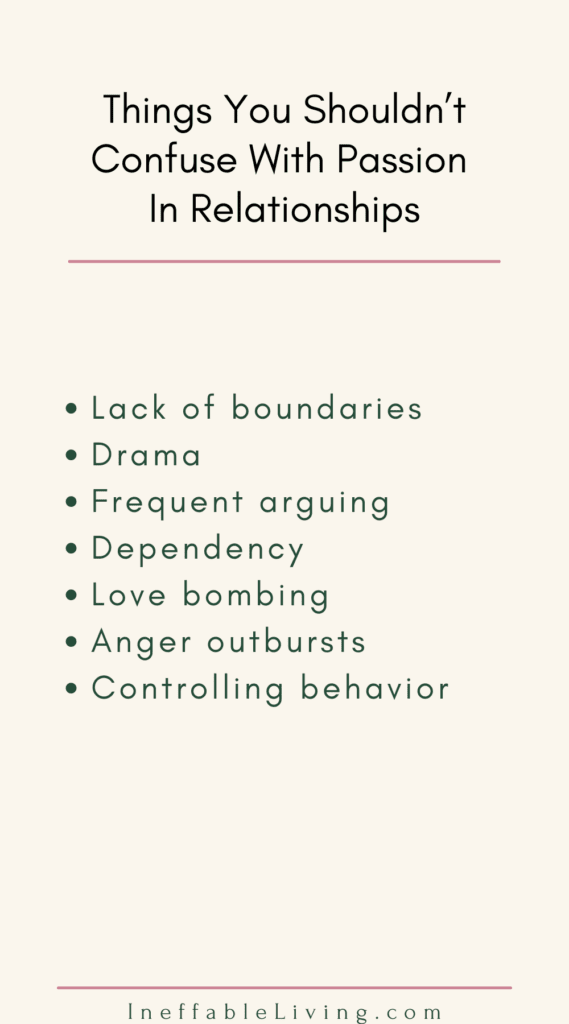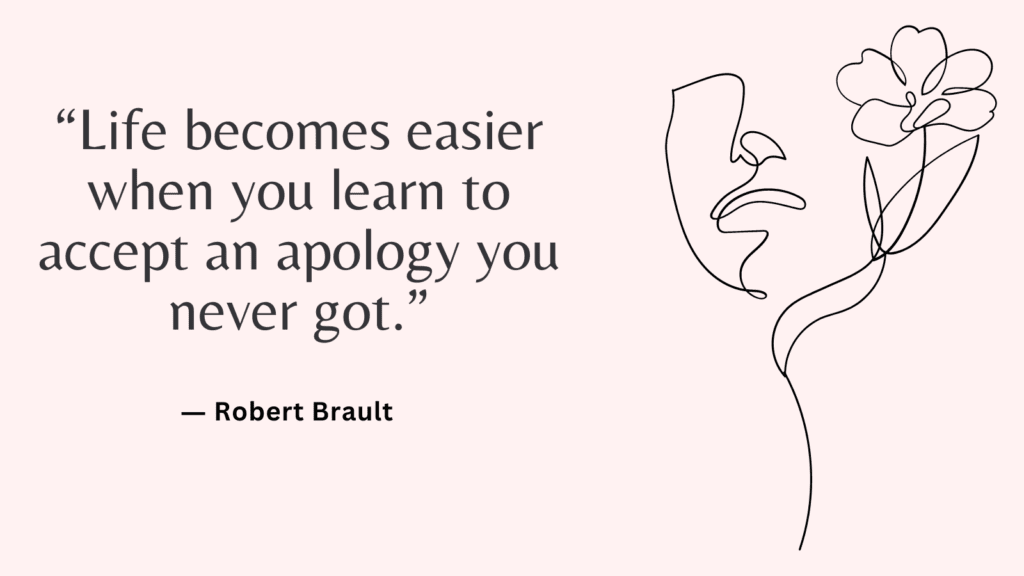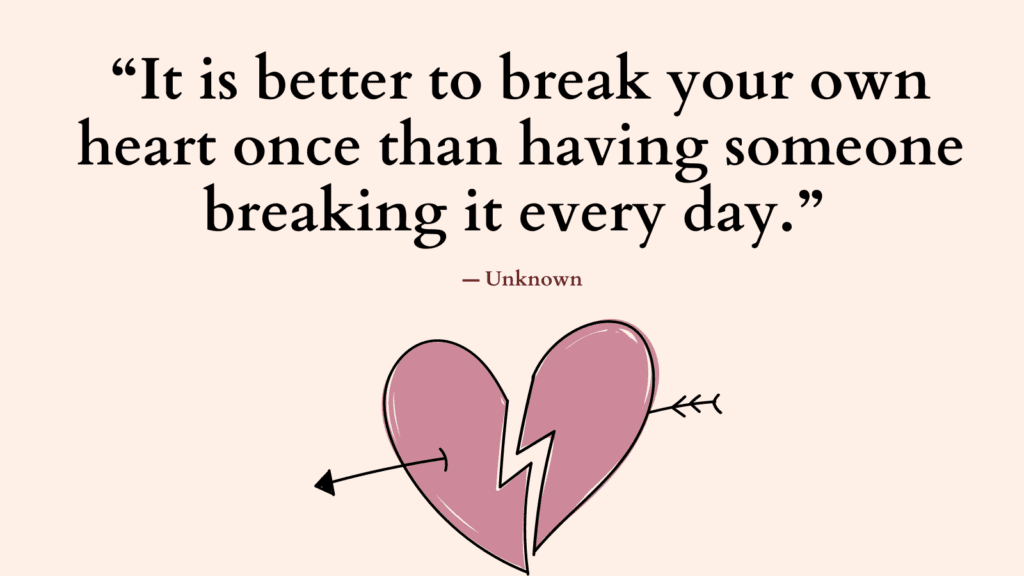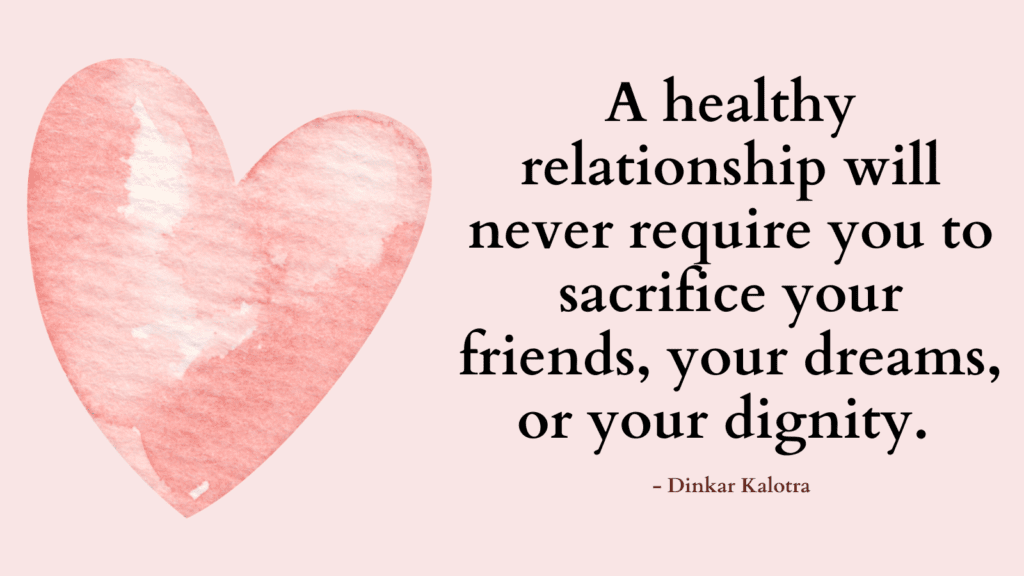This post contains “Am I healed from my breakup quiz” along with helpful tips to help you on your healing journey.
Am I Healed From My Breakup Quiz
The following questions represent common signs you are healed from your breakup:
Results
#1. Do your emotional ups and downs feel less intense?
#2. Do you find yourself looking toward the future instead of the past?
#3. Does the mention of your ex no longer trigger you?
#4. Have you stopped going over the “what ifs”?
#5. Do you feel like you have insight into why the breakup occurred?
#6. Can you acknowledge the good and bad times in your old relationship?
#7. Do you have hope for the future and believe future relationship will be different?
#8. Do you recognize the role you played in the breakdown of your relationship?
#9. Have you forgiven those who need to be forgiven?
#10. Are you focusing on yourself and prioritizing your well-being (e.g. exploring new interests and projects)?
#11. Do you feel like you’ve gained a greater understanding of yourself?
#12. Are you no longer “stalking” your ex (e.g. no longer visiting his social media profiles, asking other people about him, etc.)?
We will not sell your information. All results are kept confidential.
This quiz is for informational purposes only. It is not meant as a diagnostic or assessment tool.
Results
The questions above represent common signs you are healed from your breakup. If you answered yes to most of these questions, then you may have healed and moved on from your breakup.
Related: Top 45 Breakup Journal Prompts (+Top 20 Breakup Advice To Deal With A Breakup Without Closure)

How to Move On After a Breakup?
After a breakup, you’ll find yourself with three options.
The first is to spend all your time and effort trying to get back with your ex.
The second option is to pretend that nothing has happened and go on into the same path that led you into unsuccessful relationships.
The third option is to heal properly, examine what happened, and learn how to build a healthier life. Doing this will help you become a better person and find someone who is good for you and to you.
Even though the last option is the one that will assure sustained long-term happiness, most people choose the first, and when that doesn’t work, they go on with the second option.
Why?
Because they don’t know how to do the third and take charge of their lives.
It’s Not Just Your Heart That Breaks
Heartbreaks come in different forms, but today we’re going to explore romantic heartbreaks.
Romantic heartbreaks aren’t deemed as important by society as a divorce or the loss of a family member. They tend to be deprived of any recognition or support from those around them.
As a result, we start criticizing ourselves for hurting in the first place. We falsely believe that we should forget about it and carry on.
But studies tell us otherwise: heartbreaks can impact our brain and behavior in significant ways and regardless of our age.
Heartbreak affects us more than our emotions. It affects our brain and body functions in surprising ways.
Kross and his colleagues at the University of Michigan compared the brain scans, of physical pain and emotional pain of volunteers and what they saw was remarkable.
The exact same areas of the brain became activated when subjects relived their heartbreak as when they experienced a level of physical pain that was only a little below “unbearable.”
This makes it even more devastating. Not only are we in severe emotional pain, but also the effects can be severely debilitating to our brain and body functions.
Related: Self-Abandonment: What Is It & How To Get Back In Touch With Yourself
Stages of Grief Breakup
Time alone can’t heal all wounds. If it did, no one would have unresolved grief that still upset him every now and then.
In fact, pain that is not faced will never go away. And if every time to have a loss you don’t face it, you’re going to end up with a heart full of unresolved grief. This is going to make each loss harder to cope with and prevent you from living up to your fullest potential.
With unresolved grief, it’s hard to get close to people and trust them. Life becomes narrower and fear becomes greater.
This is why you need to allow yourself to grieve your loss properly.
But if you take the time to heal and learn the lessons you need to learn, you’ll be able to break the pattern and become able to love fully and give freely.
The Three Stages of Grief
Grief happens in phases: the first phase is shock or disbelief; the second one is a review and great emotion, and the final phase is acceptance.
These phases aren’t a straight line. People can go back and forth between them until one finally moves to the last phase “acceptance.”
Related: Recovering From Grief: How to Get Back to Life After Loss
Stage One: Shock and Disbelief
In the beginning, a breakup might feel like a shock to you. You might find it hard to believe that this is really a loss.
You’re in pain but you want to suppress it and ignore it. Many people do that, but it’s healthier to simply recognize your loss and allow yourself to feel the pain of the loss.
Even when the breakup was for the best, you still had a loss. At the very least, you’ve lost the time and emotional and physical energy you put into the relationship. You’ve also lost the identity of the couple and maybe some mutual friends and your ex’s family members.
When the breakup is sudden, you find yourself in a state of shock. Your mind might go numb, and for a while, refuse to face the reality. This shock is a protective mechanism that keeps you from the pain of the overwhelming array of emotions.
While the effect should wear off by itself, it’s important to acknowledge the pain if you want to move out of the shock phase sooner and not remain stuck.
Stage Two: Review and Great Emotion
After the initial shock wears off, you find yourself left with great grieve along with a great array of emotions:
Devastation
You feel devastated that the person you are in love with and who told you he loved you, says it’s over. Even if things weren’t going well and the breakup was expected, the loss is devastating. It’s even more devastating if you didn’t see it coming or if your ex had been cheating on you or abusing you in some way.
Confusion
A breakup might leave you overwhelmed by feelings. You feel mentally and physically incapacitated in some way. You doubt your ability to function and maybe even your sanity. You either have trouble sleeping, or you find yourself sleeping too much.
This is normal. It’s grief’s way to call attention to itself. But it’s also the mind’s attempt to reorganize your life again.
Give yourself permission to feel confused. Take care of yourself during this time. Be extra cautious when driving. Make lists and keep a calendar. Recognize that your memory isn’t working properly, but don’t worry it’ll come back. In the meantime, write things down and stay as organized as you can.
Anger
Anger is an appropriate reaction after a breakup. But while feeling anger is okay, action on it is not. Own your anger, talk, and write about it but you should not lash out in anger. Remind yourself that, eventually, your anger will dissipate.
Unexpressed anger that people refuse to acknowledge, will manifest itself in other ways. People take it out on other people, become prone to bad moods, go through their day irritated, etc.
Below are some ways to help you manage your anger:
- Write a letter that you don’t send to the people you are angry with.
- Talk to a therapist
- Talk to a supportive friend. If you can’t think of a supportive friend who’s going to listen, try 7cups of tea it is an online service with thousands of volunteer listeners stepping up to lend a friendly ear.
- Exercise
- Meditate
- Breathe deeply
Related: Best 40 Journal Prompts For Toxic Relationships
Guilt
Guilt is a normal reaction to grieving. There will always be things you wish you said or didn’t say. Done or not done.
Guilt stems from the inability to accept what happened and falsely believing that you can go back and fix it. But guilt and blaming yourself for the breakup aren’t going to change anything. What happened has happened.
If things went wrong in the relationship, you need to accept it, learn from it, and move on.
Stage Three: Acceptance
Reaching this phase doesn’t mean you’ve moved on; it means you are ready to move on and find some peace. It’s about understanding what happened and accepting that it cannot be changed.
During this phase, you might start setting new priorities and values for yourself. You’re learning from your mistakes and learning more about yourself.
This is when people tend to make major changes (moving to another state, changing jobs, returning to school, etc) or become serious about their goals in life. They start enjoying life again without unresolved grief.
Related: Dealing With Grief and Loss: 12 Lessons You Learn From Grief (+Grief Recovery Plan)
Understanding Emotions: 3 Truths About Emotions
- Emotions are an evolutionary protective mechanism.
- Emotions are just passing through.
- Emotions are great tools but don’t let them control you.
1. Emotions Are an Evolutionary Protective Mechanism
Emotions help protect you.
For example, when you touch fire and get burned, the fear of getting burned again helps you avoid that danger in the future.
Anger and the accompanying adrenaline could help you stand up for yourself.
The problem today is when emotions, such as fear or anger are triggered in situations that are not threatening, such as giving a presentation, receiving feedback at work, or being stuck in traffic.
2. Emotions Are Just Passing Through
The root of the word emotion is from the word emovere, which means e —out and movere—move.
No matter how bad or good you feel in the moment, your emotions will not last forever.
Emotions may come and go so quickly that it’s hard to recognize yourself from minute to minute.
This means that when making decisions, you need to be aware of your emotions and how they can affect your decision.
If you feel angry, you probably need to wait until you calm down before you confront the other person.
If you feel excited, you may want to give purchasing an item a thought before you go and buy it.
3. Emotions Are Great Tools But Don’t Let Them Control You
Emotions help us navigate life. They help you understand what you —and others—really want and need.
But you need to be aware not to let them take charge and run your life.
Acknowledge and allow yourself to feel your emotions, but when making decisions, take into consideration your rationale reasoning.
Related: Finding Peace After A Toxic Relationship In 5 Steps
FREE Breakup Worksheets PDF

References
Portions of this article were adapted from the book Getting Past Your Breakup, © May 2009 by Susan J. Elliott. All rights reserved.
- Romantic relationship breakup: An experimental model to study effects of stress on depression (-like) symptoms | PLOS ONE
- Breaking Up is Hard to do: The Impact of Unmarried Relationship Dissolution on Mental Health and Life Satisfaction – PMC (nih.gov)
- (PDF) The Love -Breakup study: Defining love and exploring reasons for the breakup of romantic relationships (researchgate.net)
- Breakups aren’t all bad: Coping strategies to promote positive outcomes (apa.org)
- How To Get Over a Breakup, According to Science | Time
- How Long Does It Take to Get Over a Breakup? (healthline.com)
- The Psychology of Why Some People Take Breakups Harder Than Others – The Atlantic
- Breaking Up Is Hard To Do, But Science Can Help : Shots – Health News : NPR







